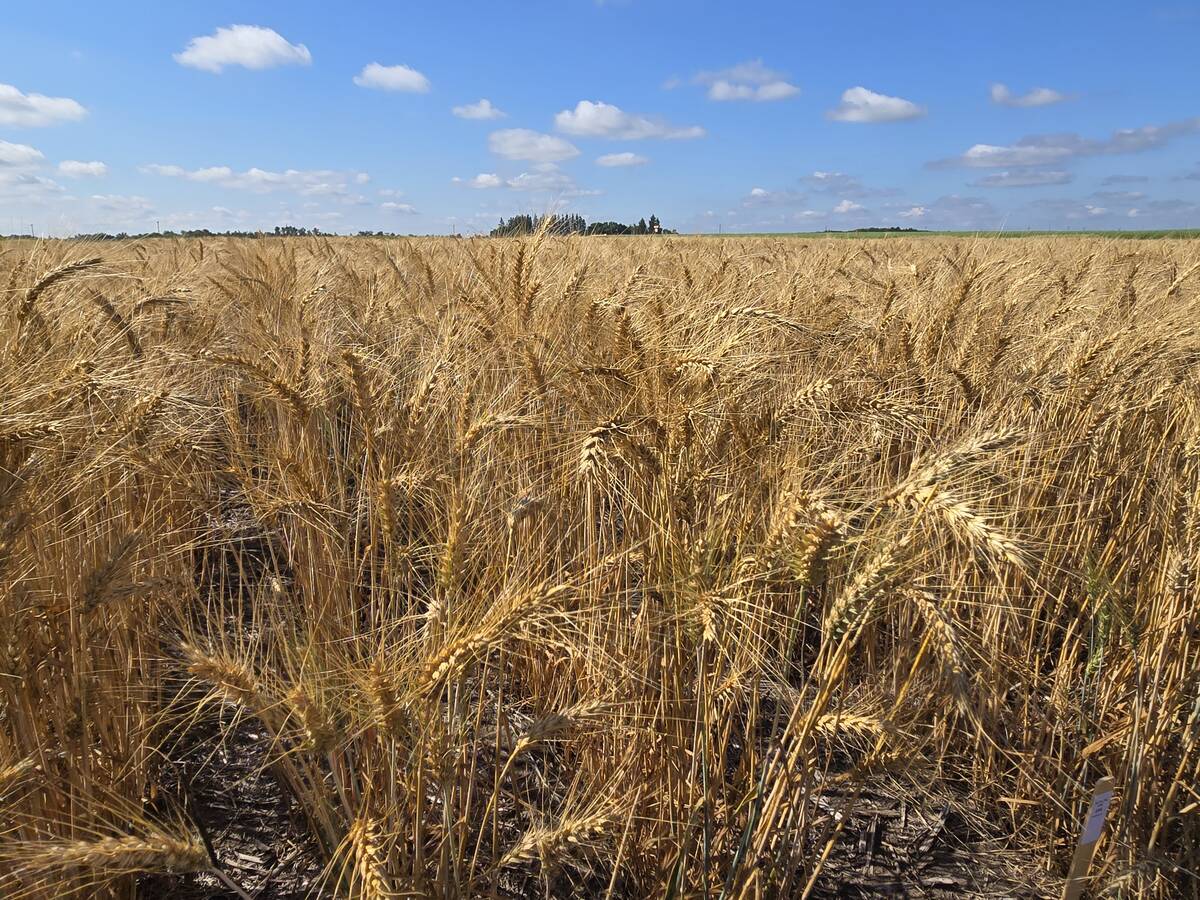Earl Geddes is convinced the Canadian International Grains Institute can survive the demise of single desk grain marketing in Western Canada.
His confidence might surprise those who think institutions such as CIGI and the Canadian Grain Commission are threatened by the end of the Canadian Wheat Board monopoly.
“CIGI has always been on the front edge of understanding, ‘what should we be putting into the marketplace,’ ” said the CIGI executive director in an interview at the organization’s downtown Winnipeg offices.
“None of that changes going forward, just the players change. But looking forward is very exciting.”
Read Also

Fall rye hits record high in Manitoba
Winter cereals 2025: More Manitoba fields grew fall rye in 2025 than ever before, but winter wheat slipped and, while spring stand survival was good, drought took its toll
Some have feared that the end of the CWB system will inevitably lead to the disintegration of Canada’s high quality, tight specifications, premium value cereal grains production and marketing system and make it more like that of the United States or Argentina, where grain is generally treated as bulk commodities.
However, Geddes said the end of the CWB single desk doesn’t undermine CIGI or the CGC.
The wheat board has been CIGI’s main funder and backer for decades, but Geddes said grain companies and marketers will still want to have someone like CIGI around.
He said grain companies are already asking CIGI for help to get ready to take over the CWB’s traditional roles of developing customer relationships and ensuring the right stuff is sold and delivered to the right customers.
“Most of these companies haven’t sold Canadian wheat based on its merits, so our 40 years of knowledge and experience is valuable to a lot of people,” said Geddes.
Some point to the problems with the Australian wheat system after the Australian Wheat Board was dismantled, including the virtual collapse and takeover of its CIGI-like organization. They argue that that’s the shape of things to come for Canada.
But Geddes doesn’t buy it.
“There’s no reason for our system to collapse like the Aussie system did.”
He said the AWB owned the CIGI clone and other elements of the system, while the CGC and CIGI are third party organizations that aren’t owned by the wheat board.
“We can keep all the other components, other than the single desk seller, in place.”
Geddes can be so relaxed about the coming revolutionary changes to grain marketing in Canada partly because CIGI has spent the last two years preparing for it.
He said wheat board directors Henry Vos and Bill Toews, who have both been CIGI directors, encouraged the organization to prepare for the possibility that the board or federal government might halt funding.
As a result, the end of the CWB monopoly is not coming out the blue.
Geddes said he expects his organization to do more hands-on training with grain company marketers in Winnipeg and send more staff overseas to offer on-site technical assistance for users of Canadian grain.
As well, CIGI and the grain commission will likely need to work closely with grain companies to ensure that shipments of certain grades and classes are up to the standard with which foreign buyers have become familiar.
The wheat board has been able to draw from the entire prairie crop to fill shipments, but each grain company will now be trying to do the same thing from a much smaller collection system.
“How do the smaller companies put together a 50,000 tonne vessel,” said Geddes. “It’s very, very difficult.”
However, with experts such as CIGI and CGC still in place, there’s a good chance that Canada’s grain quality can be maintained, he said.














